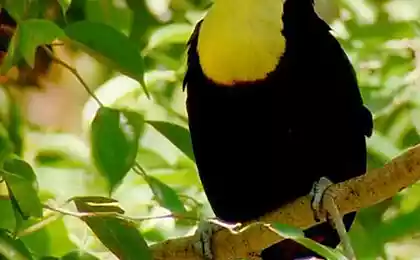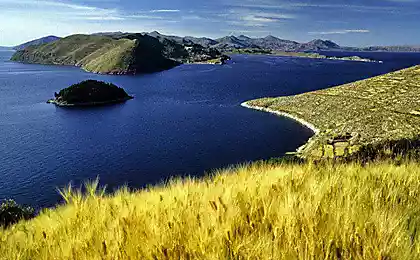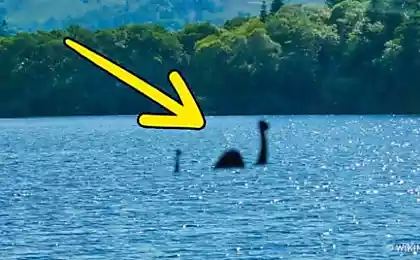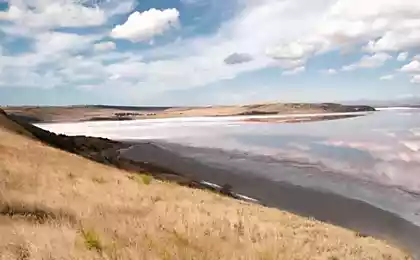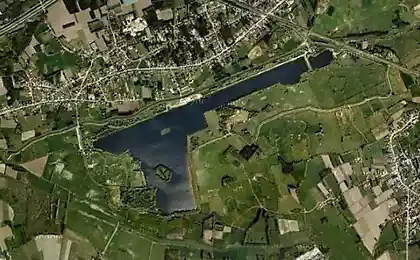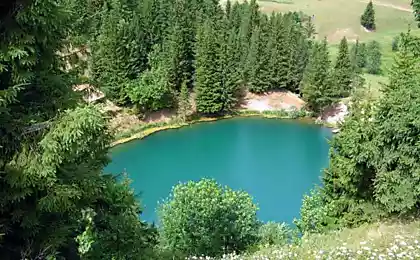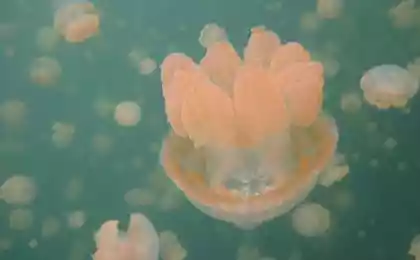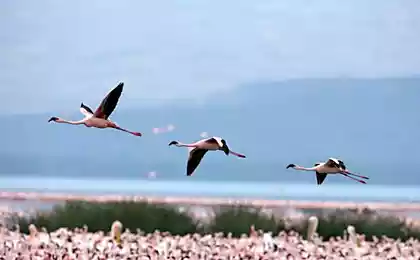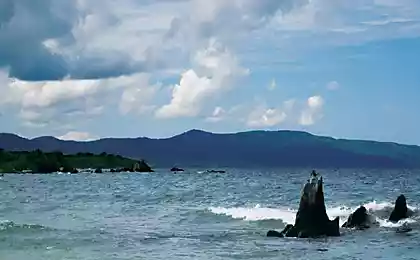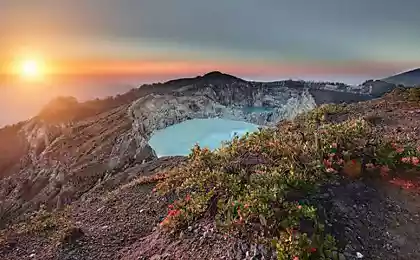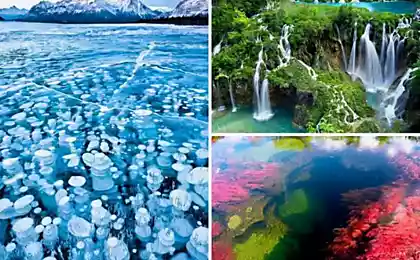592
Pink flamingos on lake Nakuru

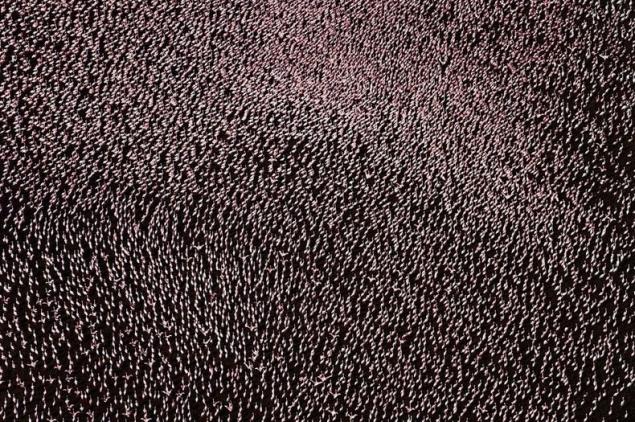
Lake Nakuru is one of three connected lakes in the Region of the East African rift in Kenya. These lakes are home to 13 species of birds under threat of extinction, as well as the location of the highest diversity of birds in the world. An absolutely incredible feature of Lake Nakuru is an incredible number of long-legged, large and small Flamingo with a long neck.
The special abundance of algae attracts these birds that cover almost the entire coast. In fact, Lake Nakuru is the only largest place to power small Flamingo, and the main breeding ground for great white pelicans. Nakuru described by ornithologists as the greatest place for bird watching in the world.
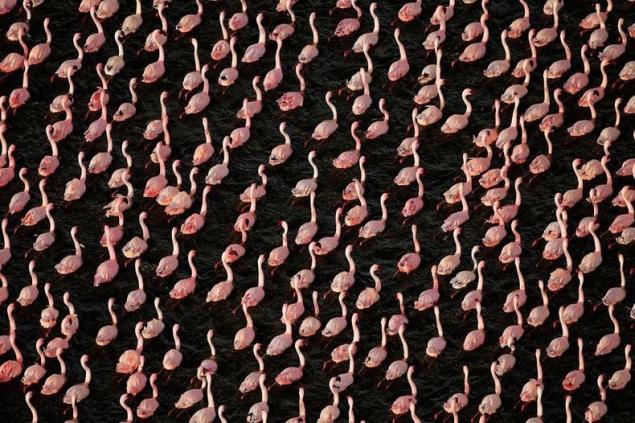
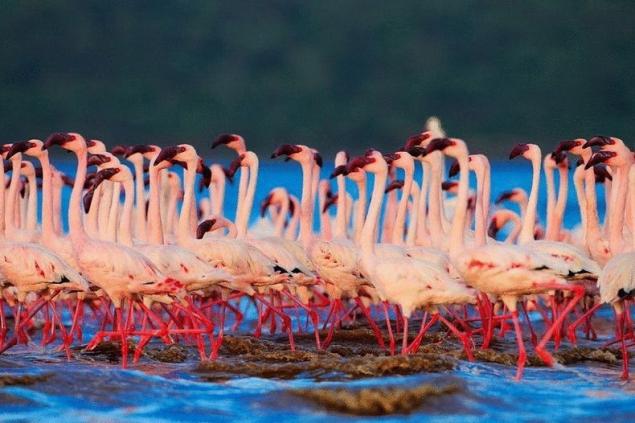
Small Flamingo can be distinguished by its deep red Carmine bill and pink plumage unlike the big. Small flamingos are usually portrayed in documentaries, mainly because their numbers more. Flamingos feed on the algae that formed in the warm alkaline waters and plankton. Scientists believe that the population of flamingos in Nakuru in excess of one million individuals, accounting for about 250,000 kg of algae per hectare of surface area annually.


Recently, the number of Flamingos has decreased, perhaps due to too much tourism development, and pollution from industrial waterworks nearby, or simply due to changes in water quality. Usually, the lake recedes during the dry season and flooding during the rainy season. In recent years, between the water level of dry seasons and rainy seasons have also changed dramatically. I suspect that this is caused by the increase in arable land and intensive crop production and urbanization. Pollution and drought kill feed flamingos, which make them migrate to nearby Lakes.
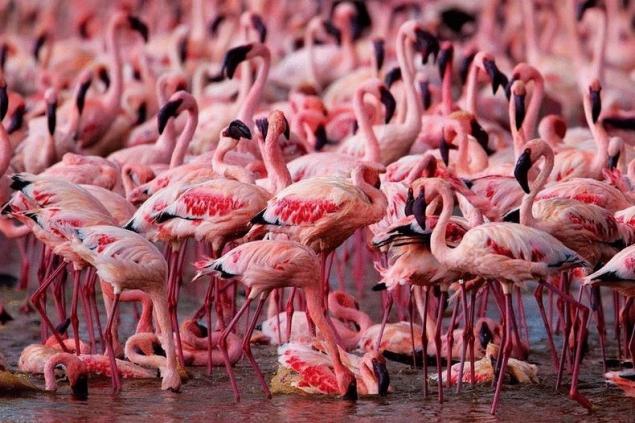
Source: /users/276


